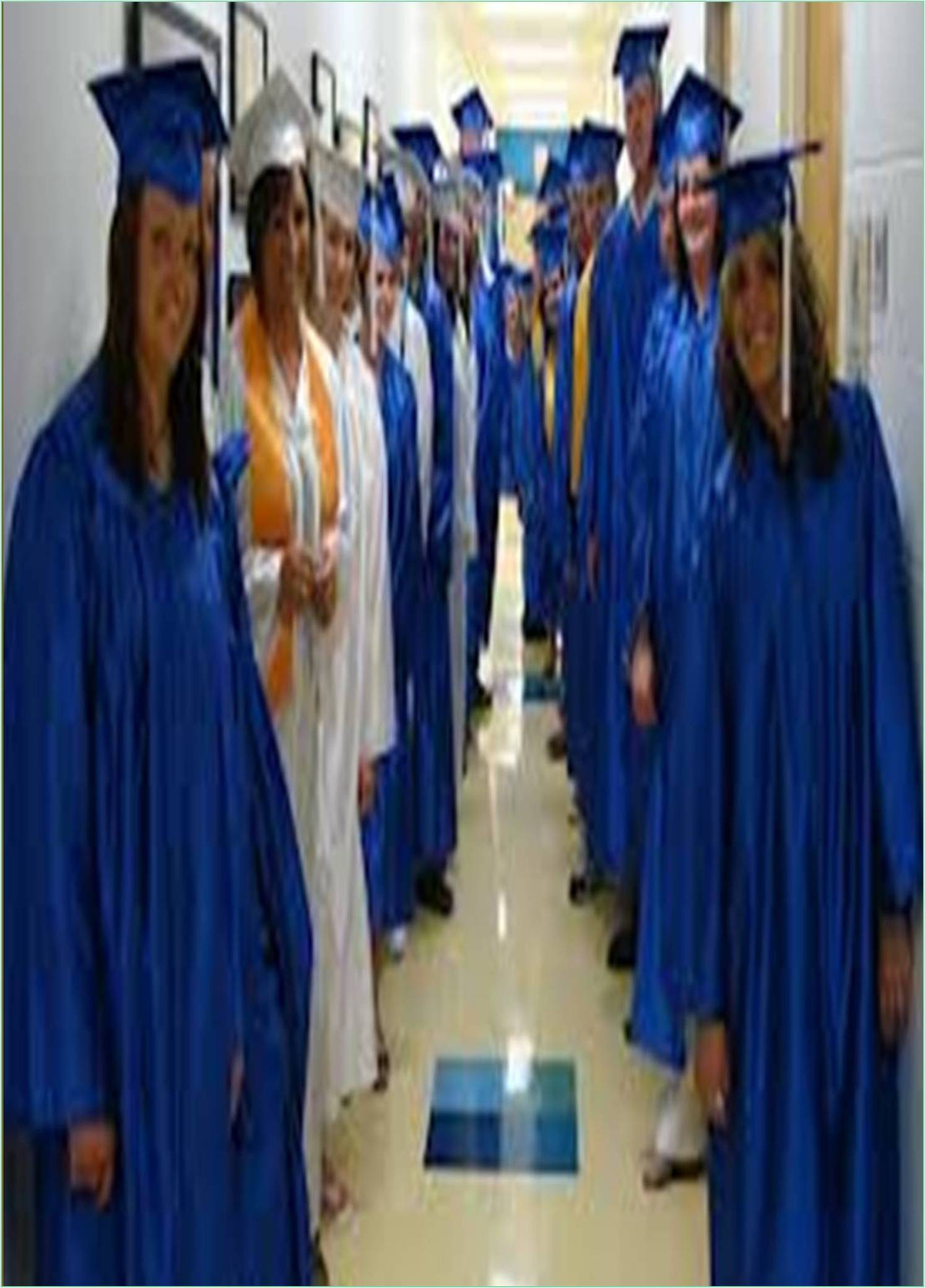



Received: 01-Dec-2022, Manuscript No. GJEF-22-84001; Editor assigned: 05-Dec-2022, Pre QC No. GJEF-22-84001 (PQ); Reviewed: 19-Dec-2022, QC No. GJEF-22-84001; Revised: 26-Dec-2022, Manuscript No. GJEF-22-84001 (R); Published: 02-Jan-2023, DOI: 10.15651/2449-061X.23.10.013
The study utilized a video observation methodology called the Participatory and Empowering Video Analysis Model which was created for a professional teacher education programme, and it looks into the model from the viewpoint of student instructors. Participants in an international programme for professional teacher education at a university of applied sciences are student teachers. In order to demonstrate their work in various positions, student instructors videotaped their own teaching sessions. These sessions included teacher-led content-specific instructions, group working sessions, and individual student counselling and tutoring sessions. It was recommended that student instructors use a video reflection tool to annotate their own recordings, concentrating on socioemotional exchanges, non-verbal aspects of interaction, and instances where students felt accomplished and empowered. Videos were watched and annotated by a peer student and a teacher educator in addition to self-reflection. According to the study's findings, the video reflection method was thought to be beneficial in helping student instructors make their socio-emotional experiences visible and concrete. It was acknowledged that the video annotation tool was helpful for highlighting socio-emotional giving them more tangible context, and providing tools for contemplation. A collaborative tool for raising awareness of various socio-emotional situations was the combination of one's own, peers', and teachers' notes. Student teachers were able to analyse teaching situations holistically and see linkages between their own socio-emotional behaviours and their pupils' behaviour by seeing films of both their own and their colleagues' teaching.
The development of socio-emotional competence is essential during the teacher education process since it is essential in the teaching profession. The ability to recognize and express emotions might be characterised as a component of teachers' socio-emotional competence.
Teachers have a dual obligation to advance their own socio-emotional competence as well as to promote the early career development of their pupils' capabilities. In terms of socio-emotional competency, professional development is an ongoing process that begins with basic teacher education and continues throughout the teaching career. Particularly, teaching practise provides the best chances and foundational elements for the development of professional and socio-emotional competence. However, a focus on more systematic reflection is required to support development processes and help student teachers become more aware of their socio-emotional competence.
Since then, the idea of reflection has been expanded upon and redefined by other academics. When a person engages with their experiences and builds new understanding and appreciation based on the reflected experiences, that person is said to be reflecting. Reflection can be used to examine one's behaviour and cognitive processes, but it can also concentrate on the experienced and expressed emotions. In order to help instructors' and student teachers' reflection and professional and pedagogical growth, video-assisted reflection has proven to be a useful tool. It has been noted that using video-assisted reflection helps teachers remember and express their thoughts and socio-emotional experiences, such as situational needs and options for emotion control from the observed authentic teaching situations. Even while video assisted reflection techniques are frequently used in teacher training and have been proven to improve students' performance, little is known about their value in group reflection settings. Peer participation in video assisted reflection is still largely understood, especially when it comes to situations for analysing one's socioemotional experiences. This study seeks to contribute to advances the knowledge base on video reflections as a pedagogical and methodological tool by first shedding light on how video assisted collaborative reflections were used to examine the socio-emotional competencies of student teachers.
Socio-emotional competence in teachers comprises the capacity to comprehend one's own and others' emotions, the capacity to control emotions, the capacity to act with empathy toward oneself and others, and the capacity to build wholesome relationships throughout one's teaching career. Socio-emotional competency generally helps teachers feel at ease at work and prepares them for teaching and interpersonal situations. Teachers who have the ability to regulate emotions are especially needed when students exhibit inappropriate emotions compared to their own or society's standards, show emotions at inappropriate times or with an inappropriate intensity. Through regulation, emotions can be diminished, increased, or maintained. Individuals can control their own, each other's, or socially shared emotions in the context of social learning or engagement. Each person, for instance within a pair, group, or generally in a classroom scenario, adds a varied situational interpretation and regulatory skills to the issue, adding complexity to social level regulation. Regulation abilities may differ, and people may not know how to appropriately share and interpret emotional exchanges or experiences, which could lead to difficulties with emotion regulation. Studies have demonstrated the importance of socio-emotional competence in general and emotion management abilities in particular for instructors' personal well-being as well as for the wellbeing of their students and the development of students' socio-emotional competence. In other words, socio-emotional capable teachers are more often able to control their emotions, foster a pleasant socio-emotional climate in their classrooms, and serve as role models for students by acting appropriately. This helps students build their socio-emotional competence. The multifaceted and ongoing process of teachers' professional growth, which includes the development of socio-emotional competence, requires rigorous individual reflection to support the process.